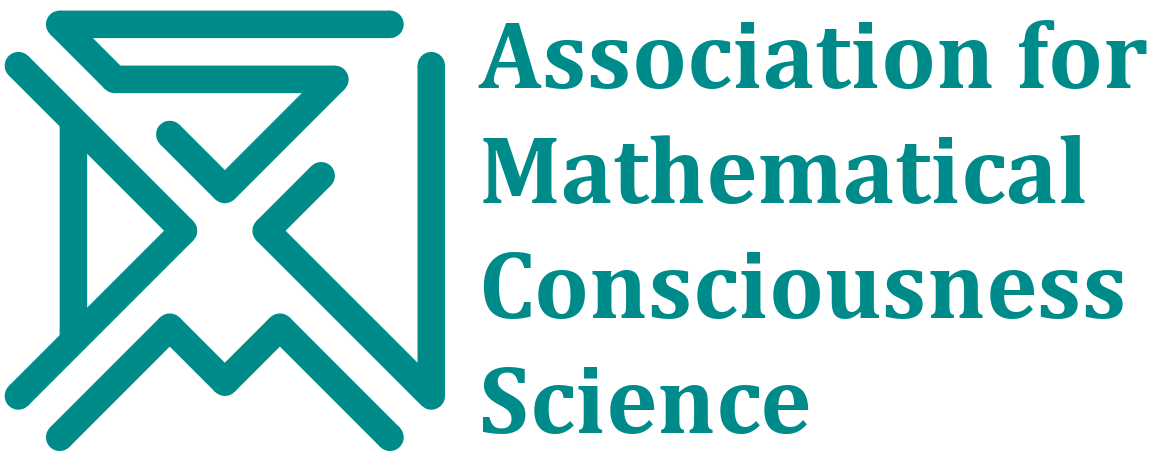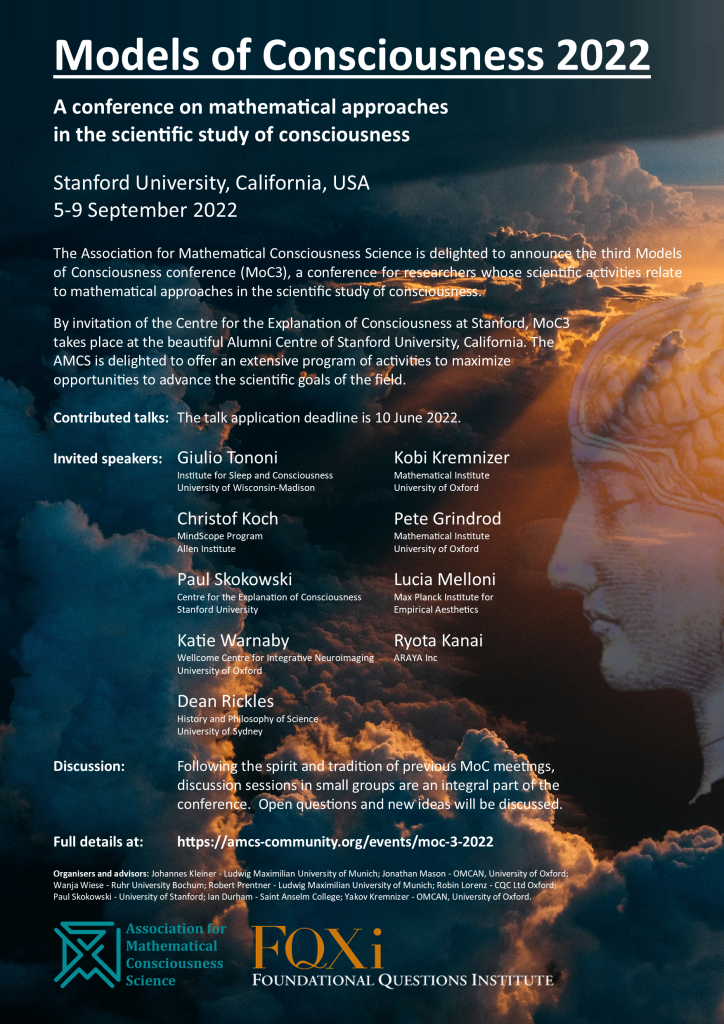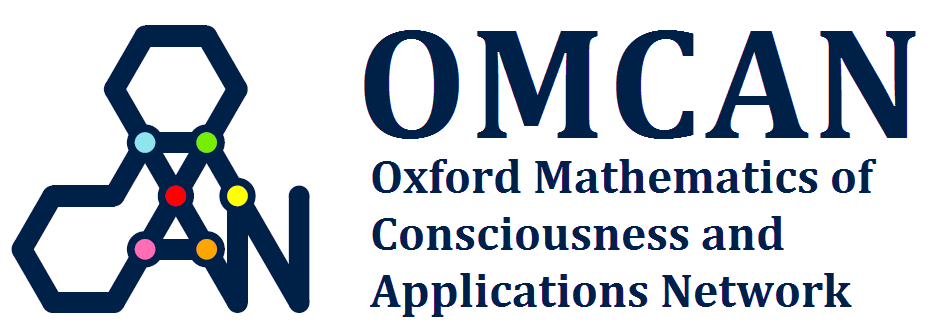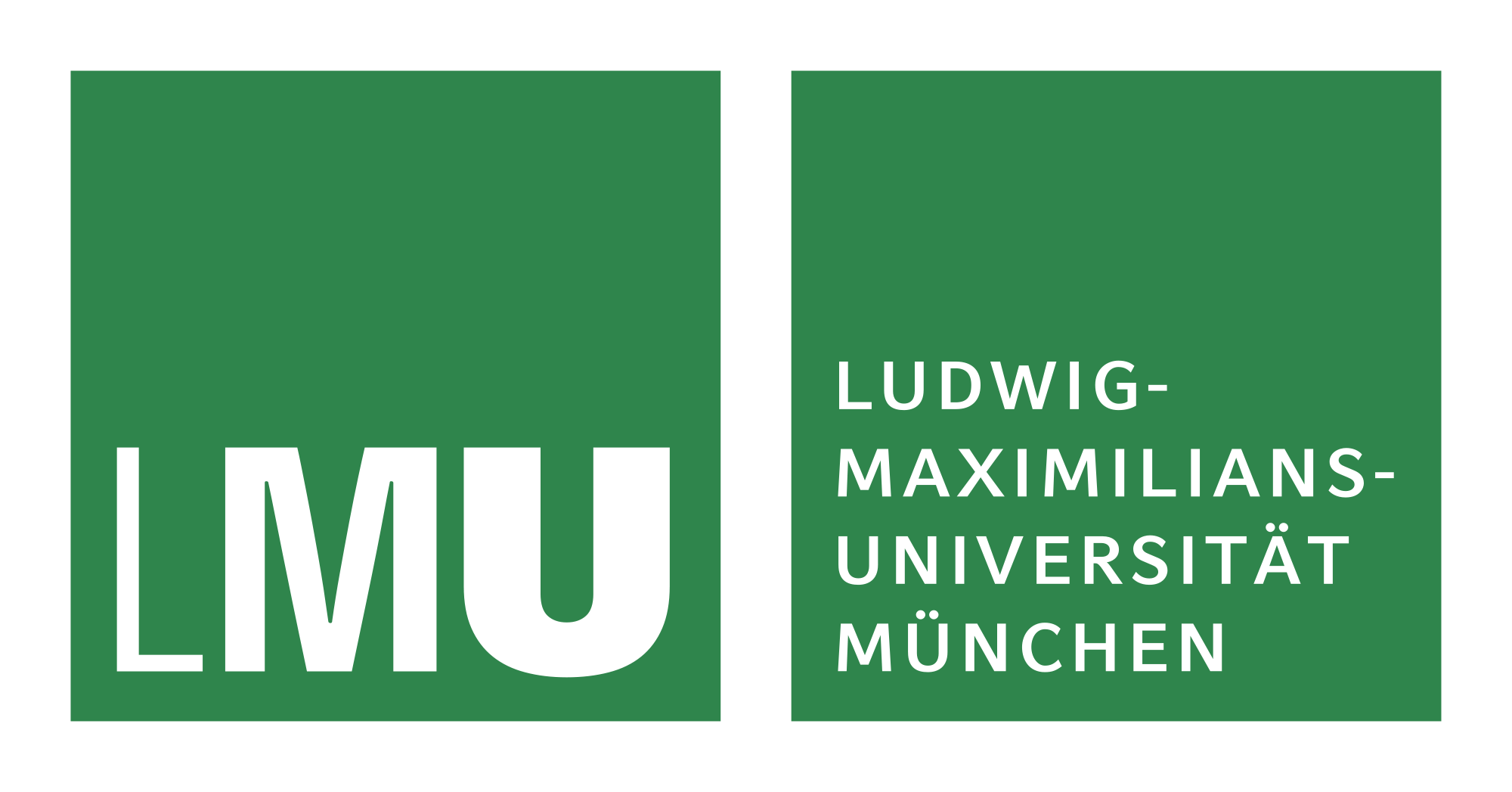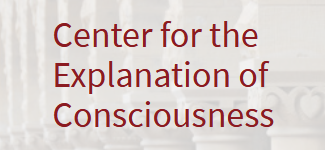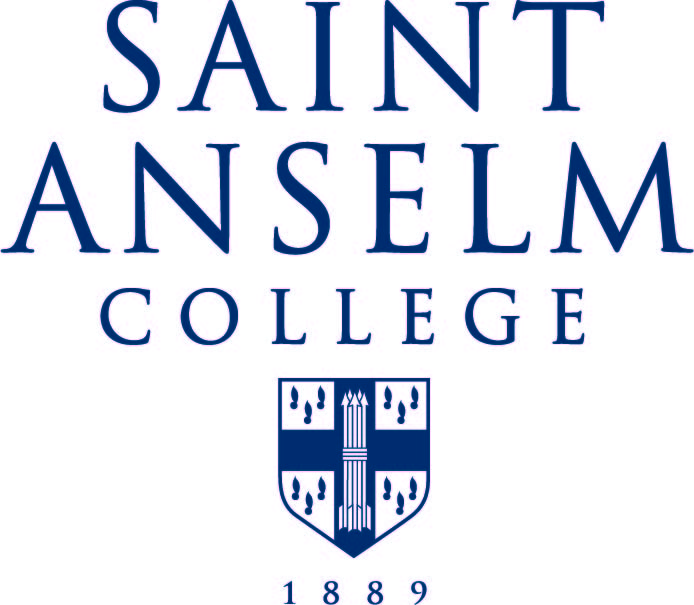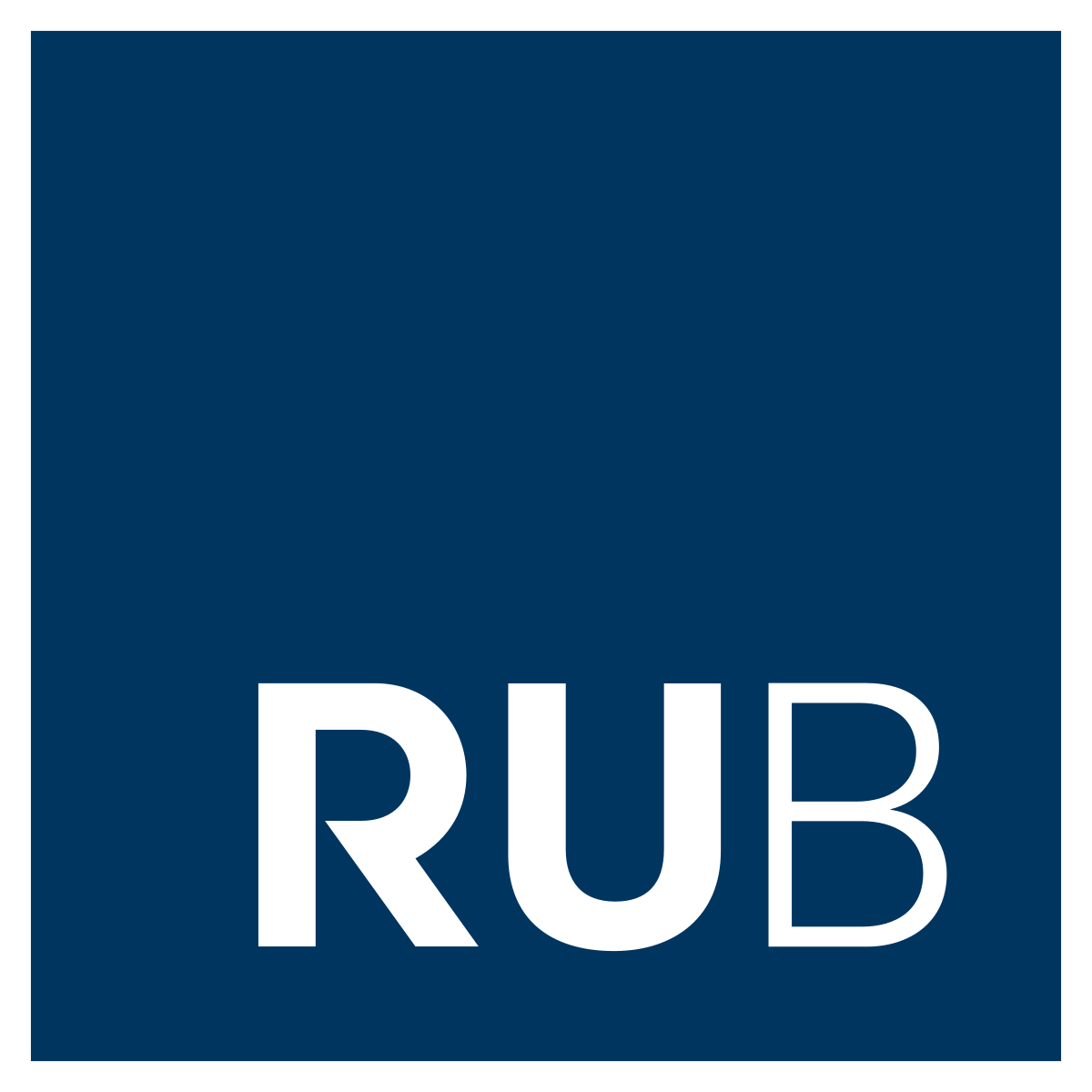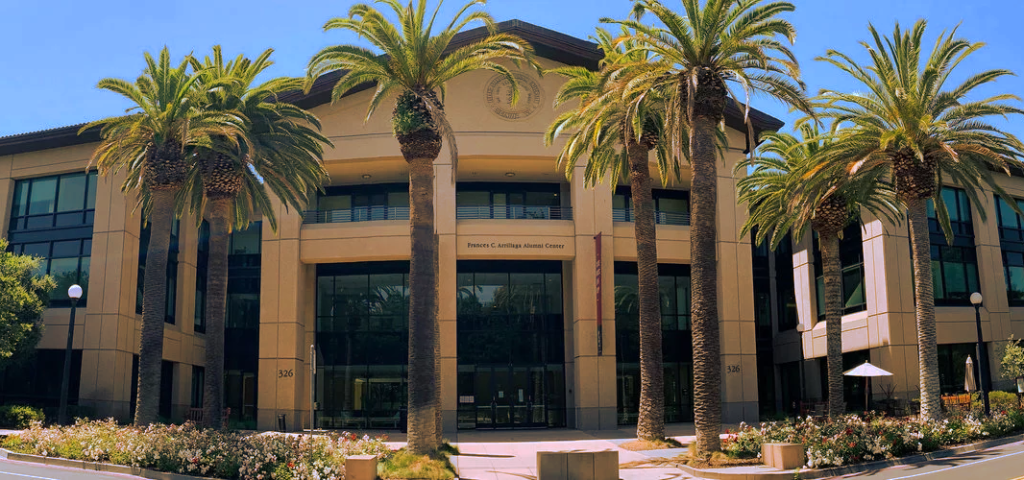
Frances C. Arrillaga Alumni Center, Stanford University CA USA
5-9 September 2022
A conference on mathematical approaches in the scientific study of consciousness.
Dear friends and colleagues,
The Association for Mathematical Consciousness Science is delighted to announce the third Models of Consciousness conference (MoC3), a conference for researchers whose scientific activities relate to mathematical approaches in the scientific study of consciousness. MoC3 builds on the success of the inaugural MoC conference, held at the University of Oxford in September 2019, and MoC2, held online in September 2021.
By invitation of the Center for the Explanation of Consciousness at Stanford, MoC3 takes place from 5-9 September 2022 in the beautiful Alumni Center of Stanford University, California. The AMCS is delighted to offer an extensive programme of activities to maximize opportunities to advance the scientific goals of the field and to ensure all participants become involved. Participation is by registration only; the link is at the bottom of this page. We look forward to welcoming you at Stanford.
The MoC3 organising committee.
Before the conference
Preconference virtual boot camp
The AMCS is delighted to invite everyone to a one-day online preconference virtual boot camp on Tuesday 30th August 2022. The event is free and open to all (even if not traveling to Stanford for the actual in-person conference). Please register if wanting to participate. The boot camp will include tutorials and discussions. Participants can select which sessions to join according to their time zone. This event is by popular request following the successful online activities of MoC2 in 2021. Further details are available on the Preconference virtual boot camp page.
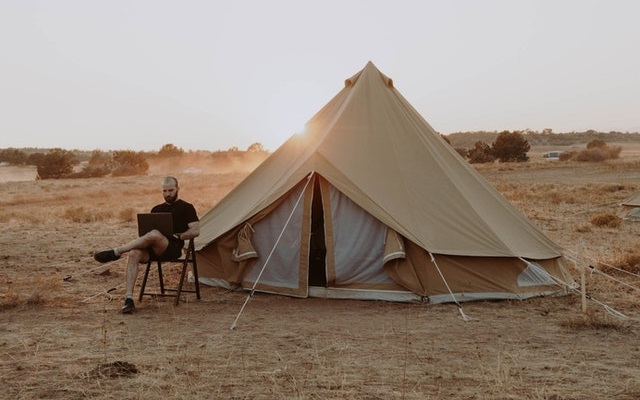
Conference activities
Invited speakers
| Giulio Tononi | Keynote: IIT 4.0: from phenomenology to physics |
| David Eagleman | Special evening lecture: Natural varieties of conscious experience |
| Paul Skokowski | Detecting Qualia |
| Pete Grindrod | Cortex-like systems via range-dependent networks of phase-resetting k-dimensional clocks |
| Kobi Kremnizer | Scientific theories of consciousness, the closure of the (current) physical, and collapse |
| Katie Warnaby | The role of slow waves in anaesthesia-induced loss of consciousness |
| Lucia Melloni | In search of the neural correlates of consciousness: challenges and alternative approaches |
| Donald Hoffman | Fusing agents and qualia: A formal solution to the combination problem |
| Ryota Kanai | Consciousness meets AI for a new paradigm |
| *50 minutes plus 10 minutes for questions |
Contributed talks
Participants talks
Participants are invited to apply to present their research in a 25-minute talk slot (20 minutes for the talk plus 5 minutes for questions) at Stanford. All presenters will have the option to have their talk filmed; subject to their signed consent. Applicants who are unsuccessful in attracting a 25-minute talk slot will often be offered the opportunity to present a poster or a 5-minute lightning talk, or both. Talks presenting research where ideas have been translated into the mathematical domain, particularly when there are theoretical or empirical results of formal models or theories to be shared, will have priority. See the Applications Page.
Showcase talks
A small number of talk applications will be selected by the organising committee for a showcase afternoon and may attract the offer of a 30 or 40-minute talk.
Poster sessions and lightning talks
Participants are invited to apply to present a poster or a 5-minute lightning talk, or both.
Deadline for all application submissions: 10 June 2022.
Discussion sessions
Following the spirit and tradition of previous MoC meetings, discussion sessions in small groups are an integral part of the conference. These give participants a chance to discuss the latest developments in the field and are intended to help develop a shared sense of purpose and long-term goals among researchers who work on mathematical approaches in the scientific study of consciousness.
Each discussion session will focus on a specific question, related to models of consciousness, the development of Mathematical Consciousness Science, characterization and classification of research projects, and similar topics that focus on bringing greater clarity and transparency to the field. In addition, there will be a number of topics that continue discussions held at the MoC2 conference. Participants will also be able to suggest and vote on topics using the conference’s Slido web interface.
Social programme
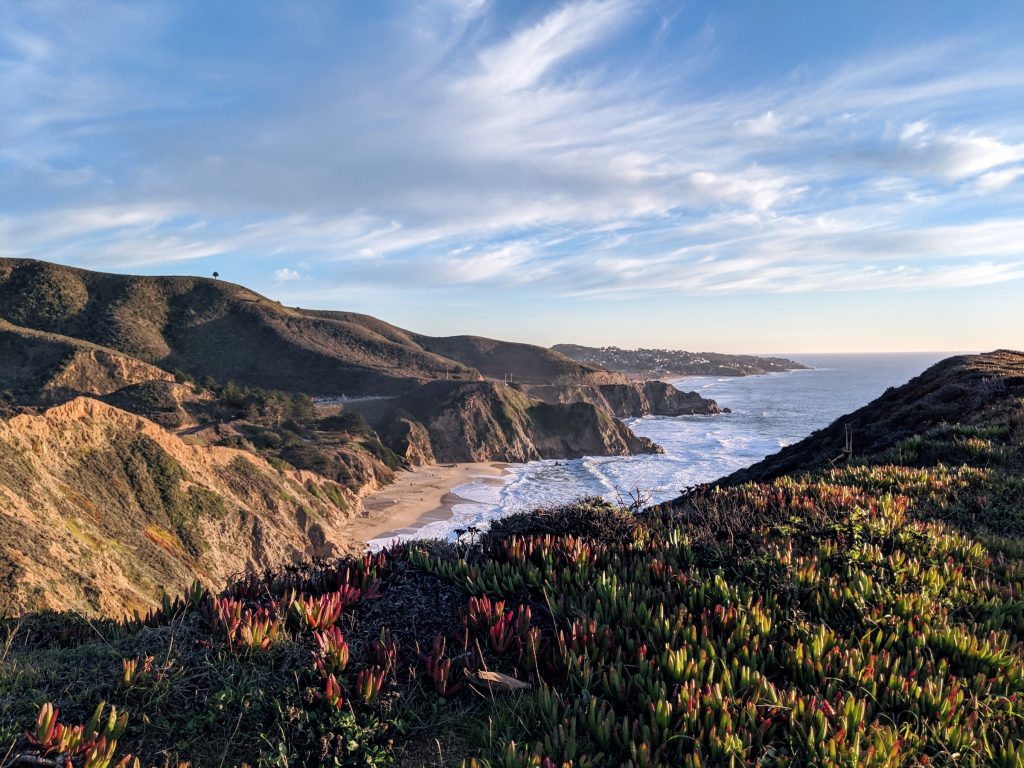
The conference includes an excursion to the coast on Monday 5th September for walking, relaxing, getting to know each other, renewing acquaintances and discussions. Further details about the excursion, and other aspects of the social programme, are available on the Participant Information page.
Other information
Conference Videos
The conference videos are available on the conference YouTube channel here.
Conference Booklet
Covid 19
The conference organisers will follow public health requirements for the conference. Participants attend at their own risk and must ensure they not only meet requirements for travel but also meet the rules of Stanford University.
Important!: Please check Covid requirements for travel to the US; see https://www.cdc.gov/coronavirus/2019-ncov/travelers/noncitizens-US-air-travel.html.
Important!: Please read and follow Stanford’s Covid policy for all visitors; see https://healthalerts.stanford.edu/covid-19/visitors/. Details may change; please check these details again before travelling.
Important!: Please ensure you have the required visa or ESTA in place befor traveling; see https://esta.cbp.dhs.gov/.
In general, it is good practice for those travelling to the US to take out medical health insurance.
Where possible, participants might like to take out travel insurance, and/or check the cancellation terms of their flights, to minimise potential financial loss. In particular, the conference cannot be held liable for any financial loss participants might incur, with the only exception being costs that the conference had offered to pay on participants’ behalf from the outset such as accommodation for invited speakers.
Carbon offsetting
The AMCS constitution includes an environmental policy that commits the association to pay particular attention to how carbon offsetting can be incorporated into plans for international events such as conferences. Accordingly, the MoC3 registration fee includes a flat carbon offsetting charge that should only be opted out of in exceptional cases. The carbon offsetting company that will be used is https://www.atmosfair.de/en/ which is also a preferred supplier of the University of Oxford.
Registration
Participation in the conference requires registration using the online Registration form. The conference is open to researchers of all disciplines who have an interest in mathematical approaches in the scientific study of consciousness.
Details about accommodation, the venue and the social programme are available on the Participant Information page. Talk (or poster) applications are via the online Talk Application form.
Deadline for registration: 10 August 2022.
Contact
In case of any question, please do not hesitate to contact us at organisers@models-of-consciousness.org.
Materials
Organising and Supporting Institutions
Organisers and Advisory Board
| Advisory Board: | Organisers: |
| Paul Skokowski (Center for the Explanation of Consciousness, CSLI, University of Stanford, USA) | Johannes Kleiner (Munich Center for Mathematical Philosophy, Ludwig Maximilian University of Munich, Germany) |
| Ian Durham (Department of Physics, Saint Anselm College, USA) | Jonathan Mason (Oxford Mathematics of Consciousness and Applications Network, Mathematical Institute, University of Oxford, UK) |
| Yakov Kremnitzer (Oxford Mathematics of Consciousness and Applications Network, Mathematical Institute, University of Oxford, UK) | Wanja Wiese (Institute for Philosophy II, Ruhr University Bochum, Germany) |
| Robert Prentner (Munich Center for Mathematical Philosophy, Ludwig Maximilian University of Munich, Germany) | |
| Robin Lorenz (Cambridge Quantum, Oxford, UK) |
